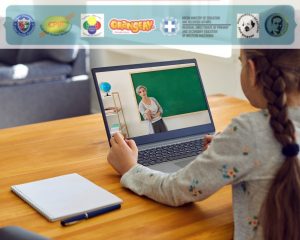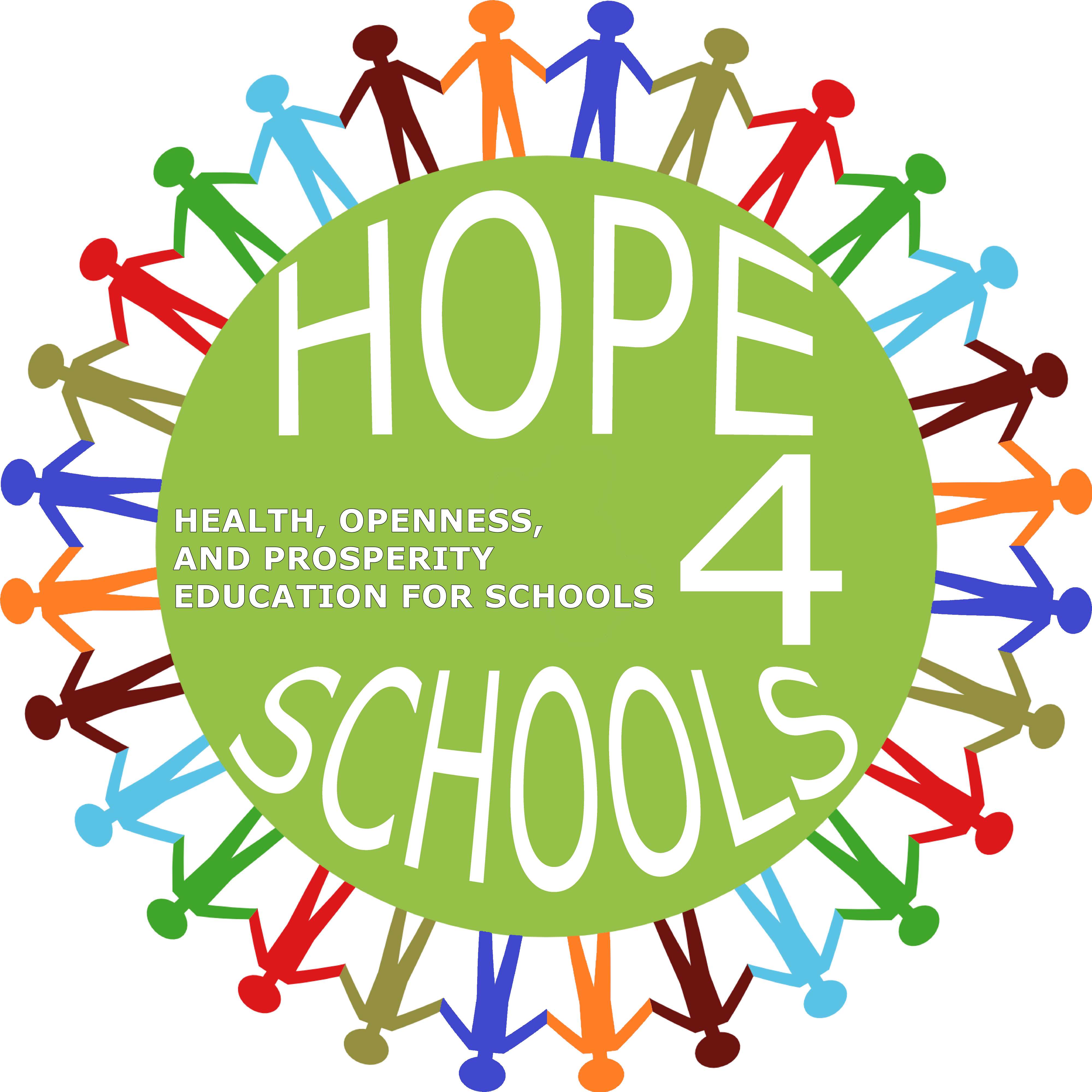About us
Who we are
“HOPE4schools-Health, openness and prosperity education for schools”- project with the identification number 2021-1-RO01-KA220-SCH-000024401 is coordinated by LICEUL TEORETIC “WILLIAM SHAKESPEARE” from Timisoara, Romania, and is financed under the ERASMUS+ programme, K2 Partnerships KA220-SCH – Cooperation partnerships in school education.
Partners on the project:
- CENTRUL PENTRU PROMOVAREA INVATARII PERMANENTE TIMISOARA ASOCIATIA (CPIP)/Romania
- SDRUDZENIE ZNAM I MOGA (KNOW&CAN)/Bulgaria
- Regional Directorate of Primary and Secondary Education of Western Macedonia (RDPSEWM)/Greece
- Agrupamento de Escolas José Estevão (AEJE)/Portugal
- Základní škola Orangery. s.r.o. (ORANGERY)/Czech Republic
- Osnovna skola Veljko Dugosevic (OSVD)/Serbia
Background
HOPE4schools project aims to promote to exploit the digital technologies in the benefits of teachers and pupils in order to help them to adapt more easily to evolve and show resilience in the face of adversity. Therefore, the project will be carried out to produce the following outcomes:
- increased knowledge and awareness regarding wellbeing and mental health,
- increased level of digital competence for teachers and pupils,
- increased level of confidence of teachers and pupils in the use of new technologies to support the well-being.

Aim
The general objective of our project is to develop new learning materials and at the same time to respond to the following questions:
- How online schools can continuously support their pupils, staff, and their families so that the risk to their health and wellbeing is reduced?
- How we can support each group during this time?
- How can the teachers interact with the pupils and keep them engaged in the digital world?
To realize those goals our project aims to:
- equip school staff with relevant information on health, safety, mental health, and wellbeing, via participation in training and workshops activities;
- equip school staff and parents with tips and advice on how to talk to pupils about COVID-19, mental health, wellbeing, through interactive digital technologies;
- develop new competencies for school staff and pupils as: understanding mental health, improved health communication, resilience, and stress management by participating in staff training event, testing phases activities, consultations workshops, or using online repository resources;
- embrace new teaching methods to better motivate and engage pupils in online learning and digital technologies. The teachers and pupils will get more familiar and confident with new methods of teaching online like: Kahoot, Jamboard, Nearpod, Padlet, Canvas, Mentimeter etc;
- development of a ‘culture’ of wellbeing throughout the whole school and the active involvement of the whole staff, teaching and nonteaching and pupils by embedding in the school strategy the well-being methodology and developing a concrete action plan in this regard;
- establish a classroom climate that minimizes discipline problems and encourages academic improvements, by taking practical steps in the implementation to a well-being approach in schools;
- apply new online methods and digital activities in the classroom through the online repository resources and Sharing knowledge and experiences through best practices examples.
